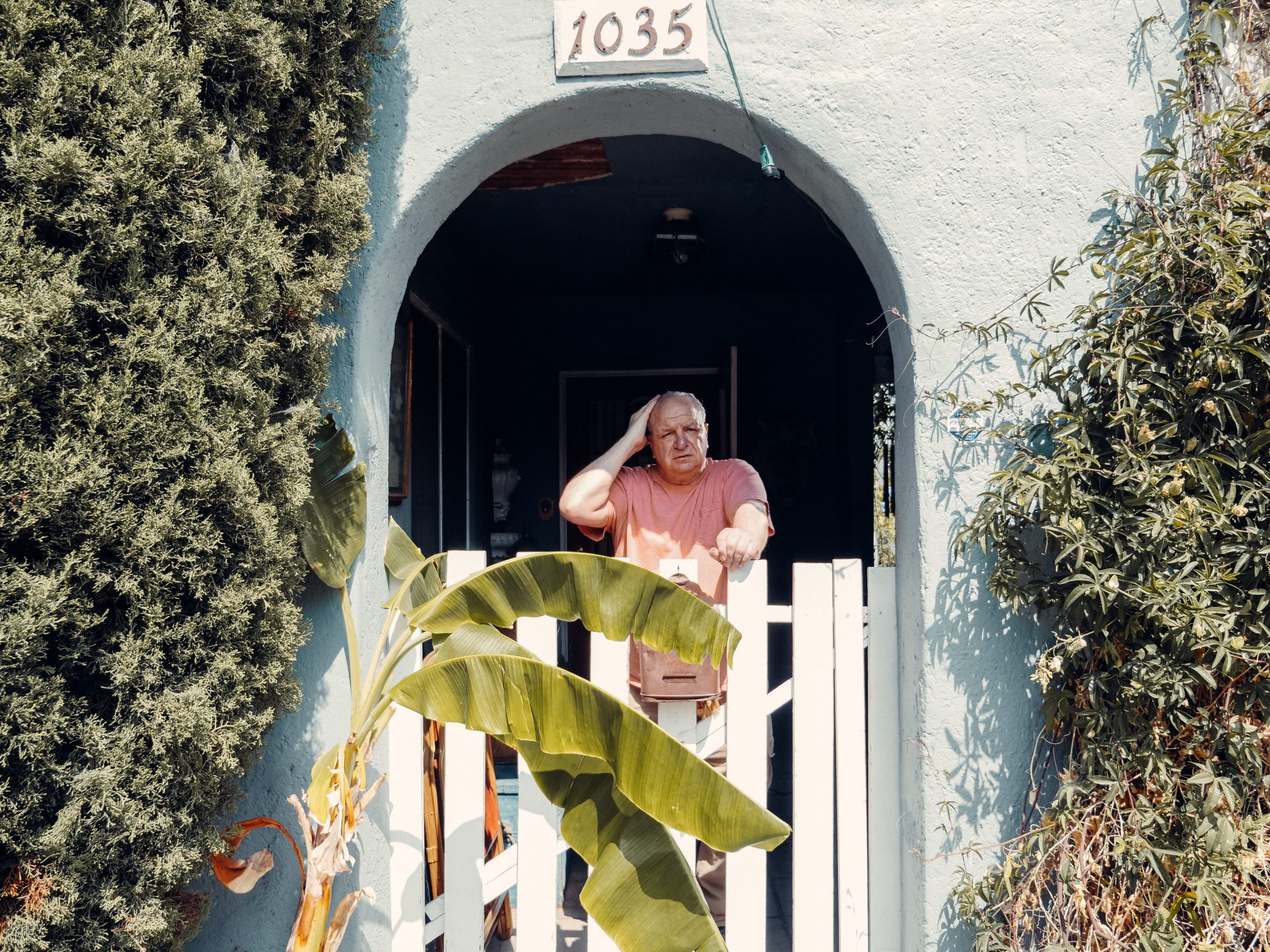
The Medicaid Look-Back Period, Explained

Life is full of surprises and, unfortunately, not all of them are pleasant. Health emergencies are among the most jarring and life-altering things that can happen to you and your family. An unexpected medical event can change just about every aspect of your life, from your ability to earn an income to your entire family dynamic. If you or a loved one finds themselves facing an unanticipated trip to a nursing home, it can also be extremely expensive. Qualifying for nursing home Medicaid is one of the best ways to protect yourself from running through your savings, but eligibility is a tricky situation which involves planning—thanks to something called the Medicaid look-back period.
What is Nursing Home Medicaid?
Nursing homes are often prohibitively expensive for most families, with yearly costs generally exceeding $100,000 a year. Nursing home Medicaid is a way for families to receive assistance that will help defray these costs. Medicaid will often cover 100 percent of most essential nursing home services; including room and board, skilled nursing care, meals, rehabilitation services, medications, and maintenance. Some services that may not be covered include private rooms and specially-prepared food. While most nursing homes do accept Medicaid, this is not always the case, so it is important to always check.
How Does the Medicaid Look-Back Period Operate?
Nursing home Medicaid is considered a last option, only available for patients who have no other resources when it comes to payment. For this reason, patients that do not plan ahead may use up their entire savings before they qualify for Medicaid. Medicaid planning, though, can ensure that this does not happen. Medicaid eligibility is based on financial need and is subject to both a monthly income limit and a limit in the number of countable assets you possess. The key to qualifying for Medicaid without running through your savings is to spend down your countable assets or transfer them into non-countable assets. This may involve gifting your money to loved ones, setting up a trust, or using several other Medicaid planning strategies.
The problem with spending down your assets, though, comes from what is known as the Medicaid look-back period. This means that, when you apply for Medicaid, your financial picture over the last 5 years will be taken into consideration. If you suddenly find yourself in need of nursing home Medicaid, you cannot simply gift all your assets to a loved one. Any assets gifted during the last five years for less than fair market value will be taken into account in your application and can lead to a period of ineligibility. If you suddenly find yourself or a loved one facing a health emergency and needing to qualify for Medicaid, there are options that you can take. However, the best way to plan for Medicaid is to gradually transfer your assets over a long period of time, so you don’t find yourself scrambling at the last minute. None of this should be done without a legal strategy designed and implemented with the assistance of an Elder Law attorney who understands the Medicaid rules.
Either way, nursing home Medicaid planning can be a tricky business, but it’s essential to maintaining your family’s physical, emotional, and financial health.
Contact Miller Estate and Elder Law
If you have any questions about qualifying for nursing home Medicaid or the Medicaid look-back period, do not hesitate to contact the experienced attorneys at Miller Estate and Elder Law by calling (256) 251-2137 or by filling out the form below. We’re here to help protect you and your family!







